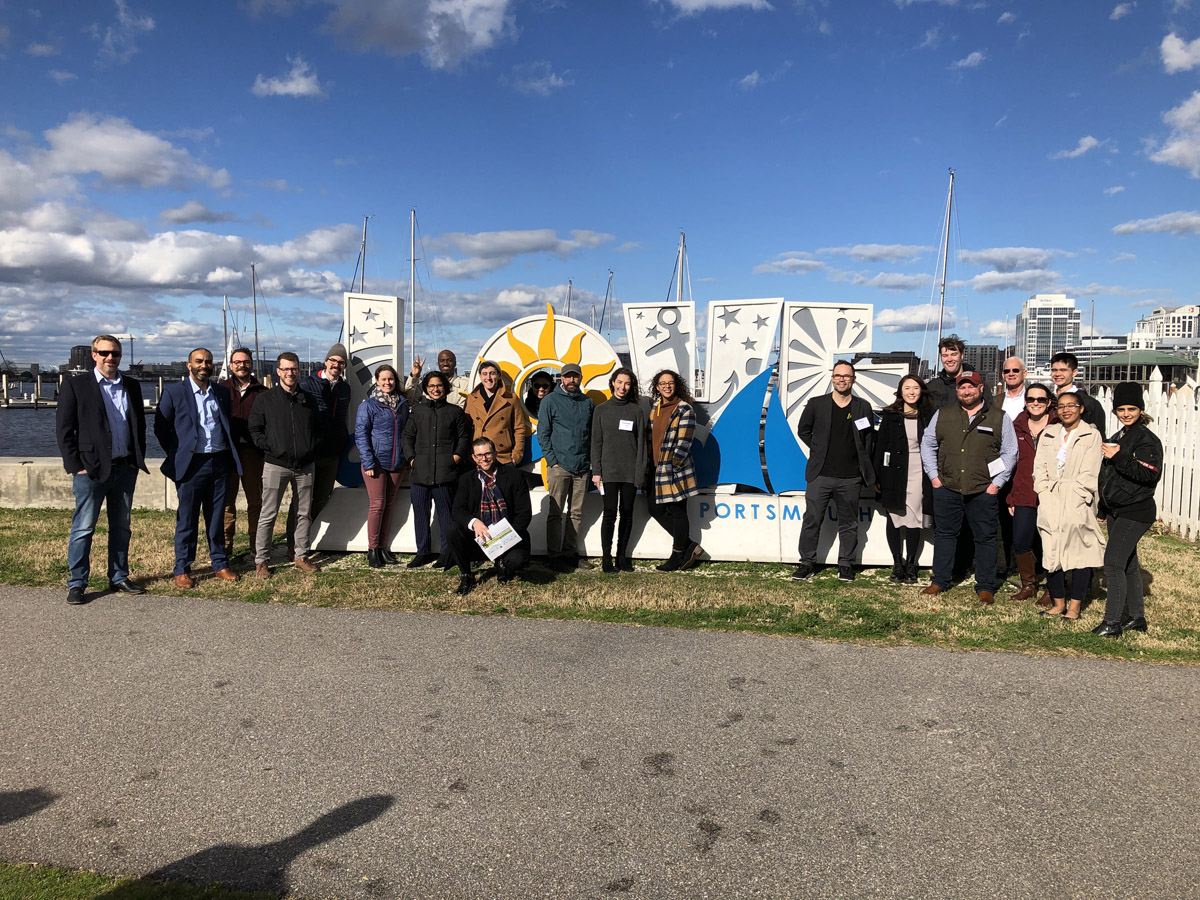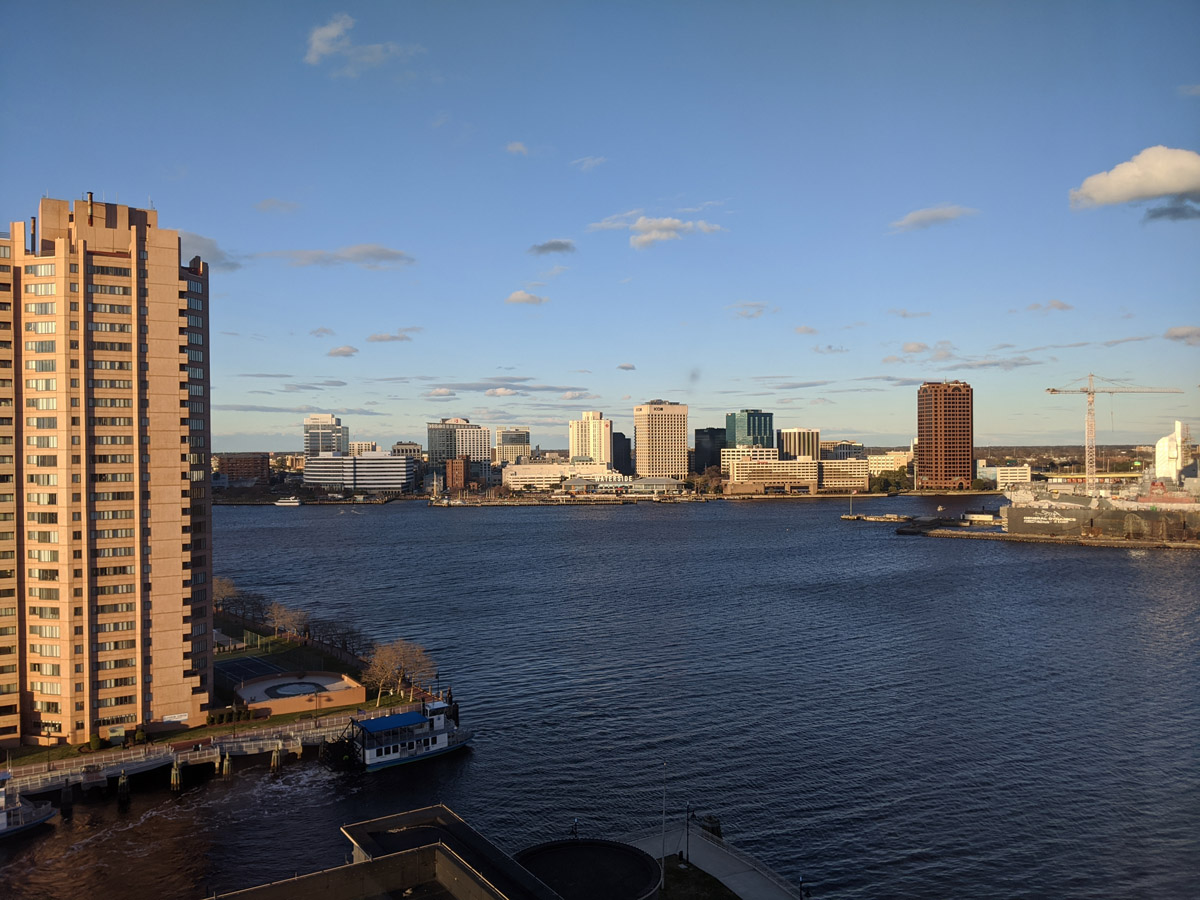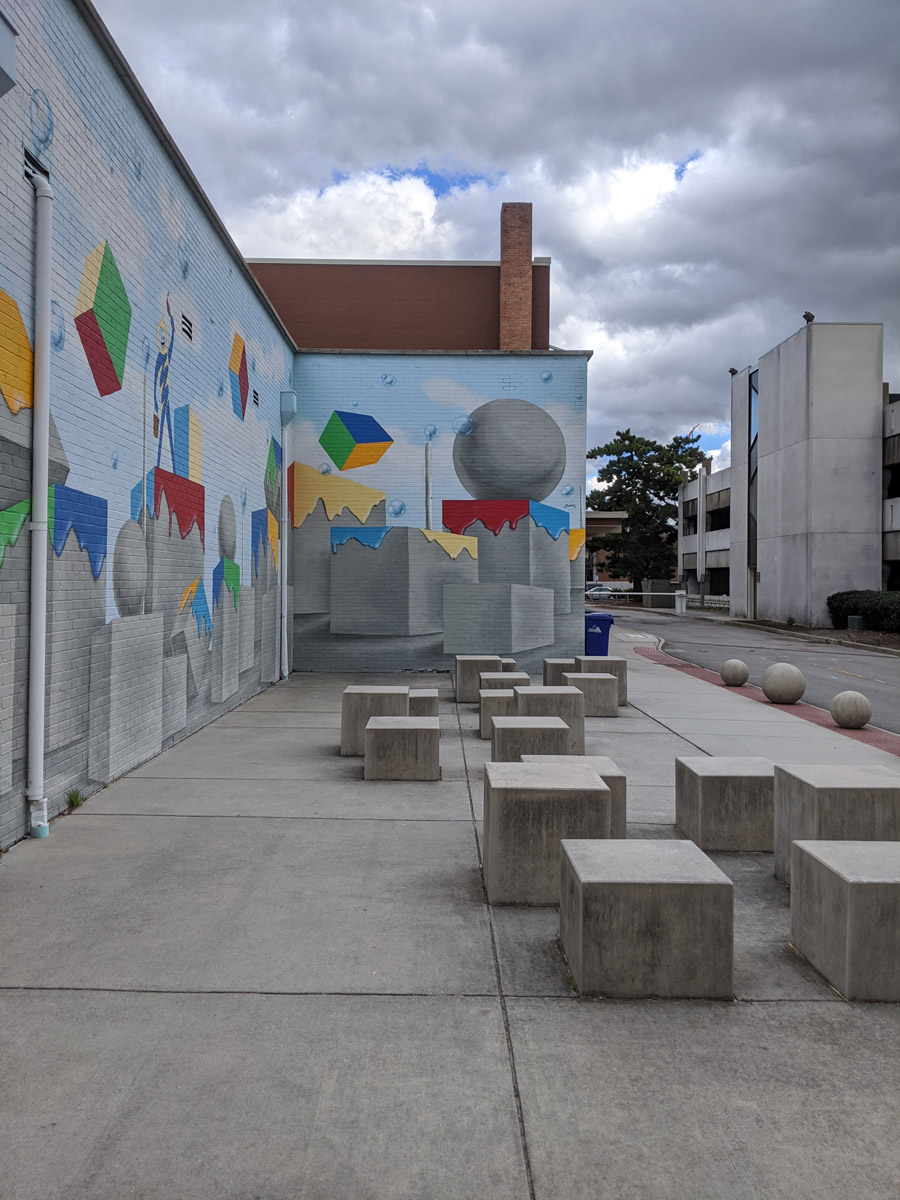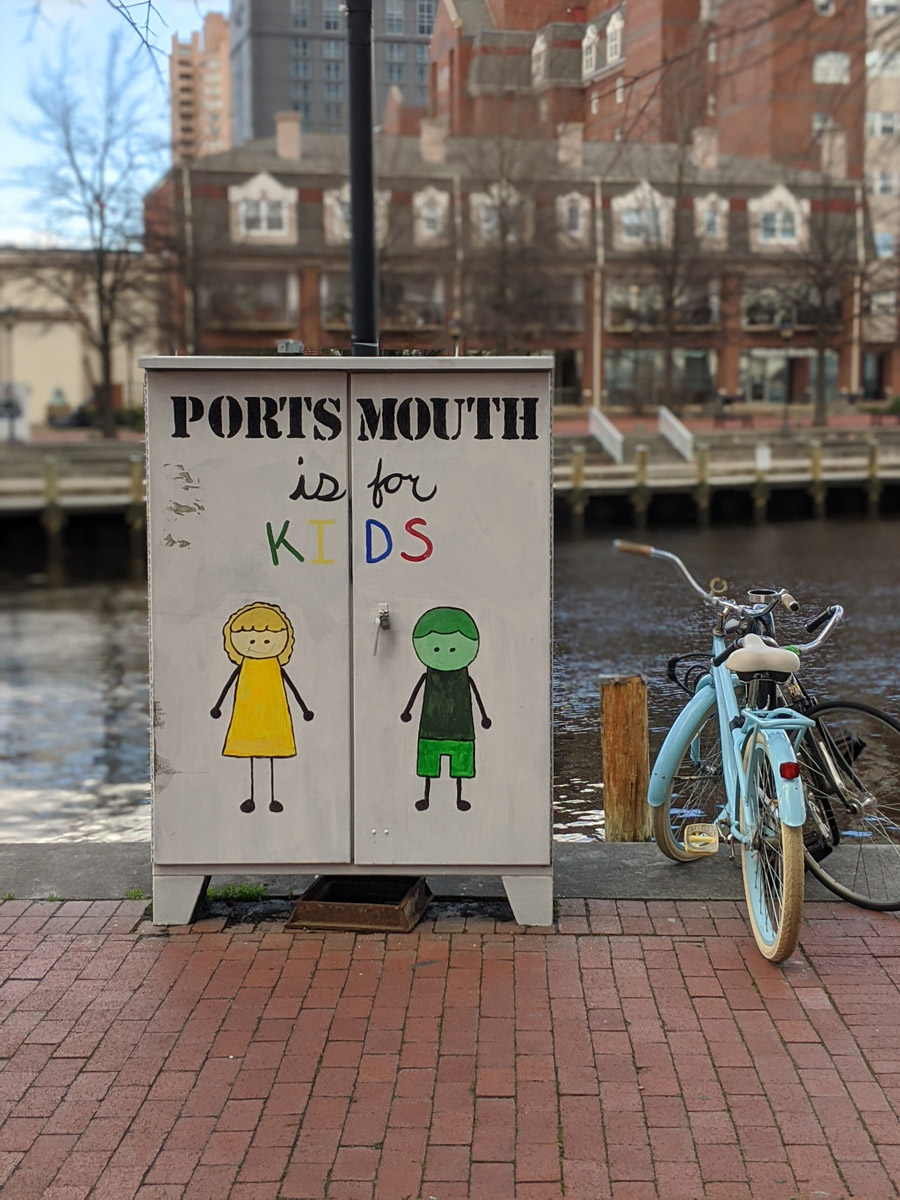Submitted by Mert Kansu
Getting to Know Portsmouth, VA - ELA Session 2
United States Architecture News - Feb 24, 2020 - 04:47 8946 views

With our first session done, introductions were made and people were getting anxious to hear about our design problem to be given to us to deal with. As much excited as I was, everyone had a loss of excitement when I mentioned the project was going to set in the City of Portsmouth. Not having been to the city before, I had no previous preconceptions about it other than it being prone to flooding and sea rise, which have been dismissed from being this year’s project by the committee in our first session. All the comments I got about Portsmouth were “Oh Portsmouth? What’s there?” “Why don’t you just go to Norfolk?” or “Hmm, I’d be careful there…”. Our brief revealed that these were one of the key problems that we were assigned to solve in Portsmouth.

Photo © Mert Kansu
The project brief was titled "urban infill & development". Our mission was clearly stated but was left open for our interpretation at the same time. The project prompt we had to develop and make our first presentation to the city in October was: "How do you create a thriving downtown that will be best suited for the people today and into the future? Work with the existing city development plans to create strategies that utilize different scales of time and different scales of design to bring new life back into the evolving Downtown and Old Towne Portsmouth districts. Use your skills as architects to establish resilient and equitable solutions to the opportunities you find." After our sessions with our speakers and walking tour, we were assigned a room to hold a work session and brainstorm about what this project could mean for us and how we could divide work according to everyone's talents and prior experience in the architectural field.

Photo © Mert Kansu
During our "lecture" sessions, we had learned about the city, its geography, history, culture, economy and social structure from Brian Swets from the Portsmouth Planning Department and Robert Moore, the Director of Economic Development. We had an interesting lecture on how to effectively transform, underutilized, "leftover spaces" by the Director of Planning and Landscape Architecture at MSA, Nate Lahy. This lecture was especially interesting to observe as a case study as Mr.Lahy explained the projects he was involved with and how they have transformed communities and neighborhoods in places like Virginia Beach and Norfolk. Georgie Marquez talked about Crime Prevention Through Environmental Design (CPTED), which outlined some key factors to affect people's behavior and create safer and more accessible spaces through design. Before our walking tour followed by our work session the next day, we were left equipped with Strengths, Weaknesses, Opportunities, & Threats (SWOT) tool by Dick Gresham. This was a strategic tool for us to employ during our initial work session, abling us to find the most critical problems in the city of Portsmouth and what internal abilities it has to transform itself.

Photo © Mert Kansu
The next day, at our work session, as a group of designers with different levels of experience and ages, everyone had opinions on how we could move forward with the progress. I think what was very successful was how each person took the initiative to be responsible for something they are good at. Some were talented project managers, some had excellent social skills or design abilities, some had great local resources, and some had academic reach by still being in architecture school. We have landed on several strong ideas that felt strongly about and a list of responsibilities for us to talk about during our bi-weekly calls. Even though our direction will be apparent in the following days, this project will inevitably provide an opportunity to bring City of Portsmouth the reputation and the vibrant environment and the buzzing life that is waiting to be dusted off with the help of the community designers and officials.
Top image © AIA Virginia
